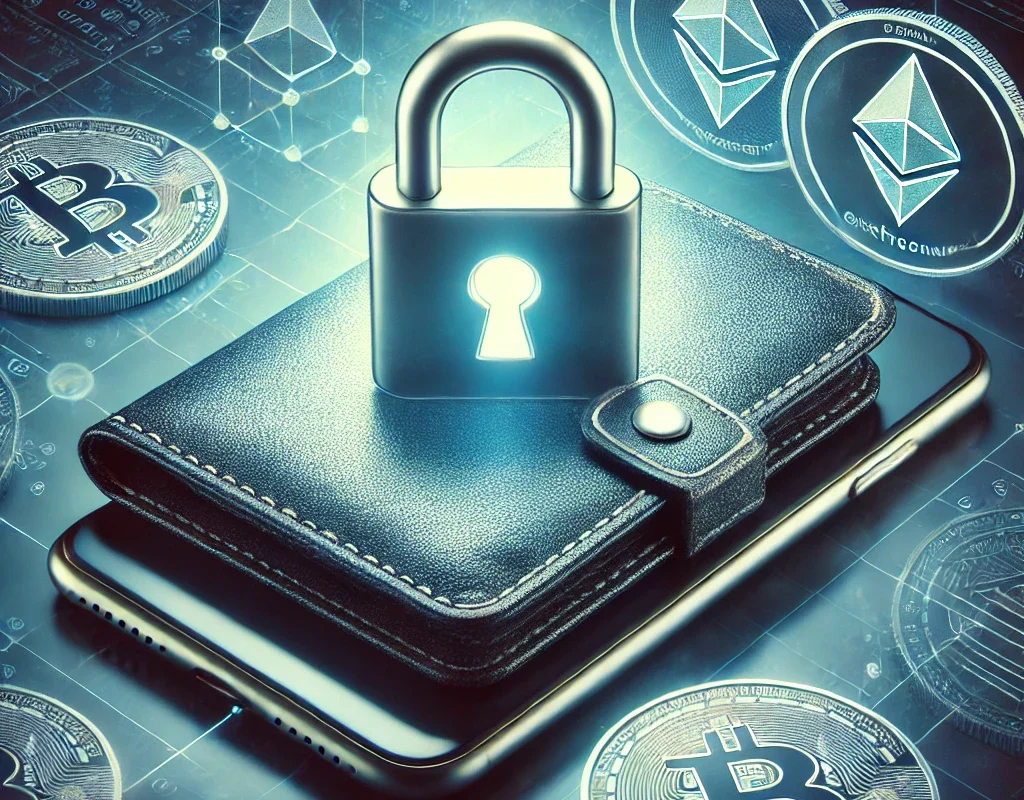Investing in cryptocurrency has become a popular venture, with stories of incredible gains pulling in new investors daily. However, with high rewards come significant risks, especially in a relatively unregulated and volatile market like cryptocurrency. Ensuring that your assets are safe while navigating this financial frontier is paramount. Let’s delve into strategies for making informed and secure crypto investments.
Understanding Cryptocurrency
Cryptocurrency is a form of digital or virtual currency that uses cryptography for security. Unlike traditional currencies, it operates on decentralized networks based on blockchain technology. This decentralization removes the need for intermediaries like banks, making transactions quicker and, in some cases, less costly. Bitcoin, the first and most well-known cryptocurrency, launched in 2009, and since then, thousands of cryptocurrencies have emerged.
The allure of cryptocurrency lies in its potential for high returns, with some investors witnessing exponential growth in their portfolios. But these returns come with volatility and risk. Therefore, understanding what you’re investing in is the first step toward a safe investment.
The Importance of Research
Before diving into the crypto market, it’s crucial to research thoroughly. Every cryptocurrency serves a different purpose, and understanding the project behind the token you’re interested in can help you gauge its long-term viability. Some cryptocurrencies, like Ethereum, offer programmable smart contracts, while others, like Litecoin, aim to provide faster transactions.
Reading the whitepapers, assessing the team behind the project, and evaluating market trends are key to making informed decisions. Relying on hype or social media alone can lead to disastrous consequences. It’s essential to base your investments on solid data and long-term potential.
Diversifying Your Crypto Portfolio
Just as with traditional investments, diversification is key in cryptocurrency. This means spreading your capital across various digital assets rather than putting all your money into one coin. Diversifying helps mitigate risks, especially in such a volatile market where one coin’s downturn could wipe out substantial value.
For instance, if you invest in Bitcoin, you might also consider adding Ethereum, Binance Coin, and a few other promising altcoins to your portfolio. Diversifying among coins with different functions and market caps can reduce the impact of market fluctuations.
Selecting a Trustworthy Exchange
Cryptocurrency exchanges are platforms where you can buy, sell, or trade digital currencies. While there are numerous exchanges to choose from, not all of them are created equal in terms of security, fees, and user experience. Picking a reputable and well-secured exchange is one of the most crucial steps in safeguarding your investment.
Look for exchanges that have been around for a while, offer robust security features such as two-factor authentication, and are regulated by financial authorities. Some of the well-established exchanges include Coinbase, Binance, and Kraken. They have built reputations for security and ease of use, making them ideal for beginners.
Creating a Secure Digital Wallet
After purchasing cryptocurrency, you need a secure place to store it. Digital wallets come in two main types: hot wallets and cold wallets. Hot wallets are connected to the internet, making them more accessible but also more vulnerable to hacking. Cold wallets, on the other hand, are offline and provide the highest level of security.
For large amounts of cryptocurrency or long-term storage, cold wallets like hardware wallets (Ledger, Trezor) are recommended. These wallets keep your private keys—the codes that allow you to access and spend your cryptocurrency—secure offline, away from potential online threats.
Protecting Your Private Keys
Your private keys are the gateway to your cryptocurrency, and if they fall into the wrong hands, you could lose everything. This makes protecting them one of the most important aspects of crypto security. Never share your private keys with anyone, and consider storing them in multiple secure locations—like in a password manager or a physically secure location—if possible.
Many hacks happen due to simple mistakes, such as keeping private keys stored on a device connected to the internet. By adopting strict security practices, you can minimize the risks.
Avoiding Common Cryptocurrency Scams
The crypto world is rife with scams, from phishing emails posing as exchanges to fake initial coin offerings (ICOs) that lure in unsuspecting investors. Protecting yourself from these scams starts with recognizing the warning signs. If a project promises sky-high returns with little risk, it’s likely a scam. Additionally, never give out your private keys, passwords, or sensitive information.
Another common scam involves fake support services asking for personal information. Always ensure that you’re communicating with official customer service platforms when dealing with exchanges or wallets.
Understanding Market Volatility
The cryptocurrency market is famously volatile. Prices can swing dramatically in short periods, leading to significant gains or losses. Understanding this volatility is key to investing safely. Never invest more than you can afford to lose, and consider using risk management strategies, like setting stop-loss orders, to limit your potential losses.
Cryptocurrency is a high-risk, high-reward market, and patience is often your best ally. Reacting emotionally to short-term dips or surges can lead to poor investment decisions.
You Can Also Read : How to Avoid Common Investment Mistakes
The Role of Regulation
One of the factors that contribute to cryptocurrency’s volatility is the lack of consistent regulation. However, this is slowly changing as governments and financial institutions recognize the need for oversight. Countries like the United States and the European Union are implementing regulatory frameworks to monitor and control cryptocurrency transactions.
Regulation brings legitimacy and can reduce the risks of fraud and theft, but it also introduces new legal considerations for investors. It’s important to stay informed about the regulatory landscape in your region and how it might affect your investments.



